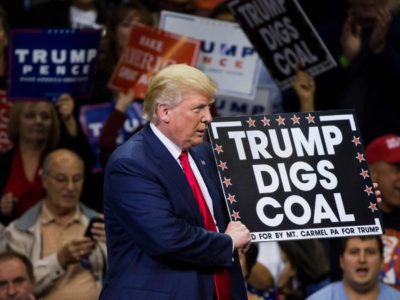All Natural Gas Is Not Created Equal
 In a recent blog, Dan Farber reports on a deal between ExxonMobil and a division of the China Natural Petroleum Corporation to bring Australian natural gas to China. Dan expresses the hope that the introduction of so much natural gas will produce multiple benefits – carbon reductions since natural gas is better than coal, less air pollution in China and the U.S., and a potential boost to the U.S. economy, since some of the profits will come back to the U.S. While we would all like for these wishes to come true, the China deal very well may default in a couple of respects.
In a recent blog, Dan Farber reports on a deal between ExxonMobil and a division of the China Natural Petroleum Corporation to bring Australian natural gas to China. Dan expresses the hope that the introduction of so much natural gas will produce multiple benefits – carbon reductions since natural gas is better than coal, less air pollution in China and the U.S., and a potential boost to the U.S. economy, since some of the profits will come back to the U.S. While we would all like for these wishes to come true, the China deal very well may default in a couple of respects.
First, relying on imported natural gas creates a large carbon footprint. To arrive by ship, natural gas must first be chilled to about -260 degrees Fahrenheit to reach the liquid state needed for efficient transportation. Then, a portion of the gas must be burned to move the ship across the ocean. Finally, in most cases, energy is consumed to speed the process of regasification when the liquid reaches its destination. Add these fossil fuel uses to the smokestack emissions for a natural gas powerplant, and liquefied natural gas looks a whole lot more like coal from a greenhouse gas perspective. Researchers at Carnegie Mellon have made this point.
The second issue has to do with impacts on the U.S. domestic economy. Firms in the U.S. have invested in LNG terminals that now allow the U.S. to import a significant amount of natural gas from offshore. That means that natural gas purchases in this country are no longer simply a domestic affair. All natural gas, from North America or elsewhere, is now part of a world market. China, as it starts to exercise its considerable demand for natural gas, will put upward pressure on world natural gas prices. Over time, this is likely to raise prices in the U.S. as well. While this may be good news for ExxonMobil, it might not be good news for other domestic consumers and businesses. For that matter, it may not be such good news for those who would like to replace coal use in this country with inexpensive natural gas.
Does that mean China shouldn’t buy natural gas? Not necessarily. It just means that these issues continue to be complicated.
Reader Comments
One Reply to “All Natural Gas Is Not Created Equal”
Comments are closed.







Probably, it would be really hard to see exact impact on domestic economy, because of this complexity